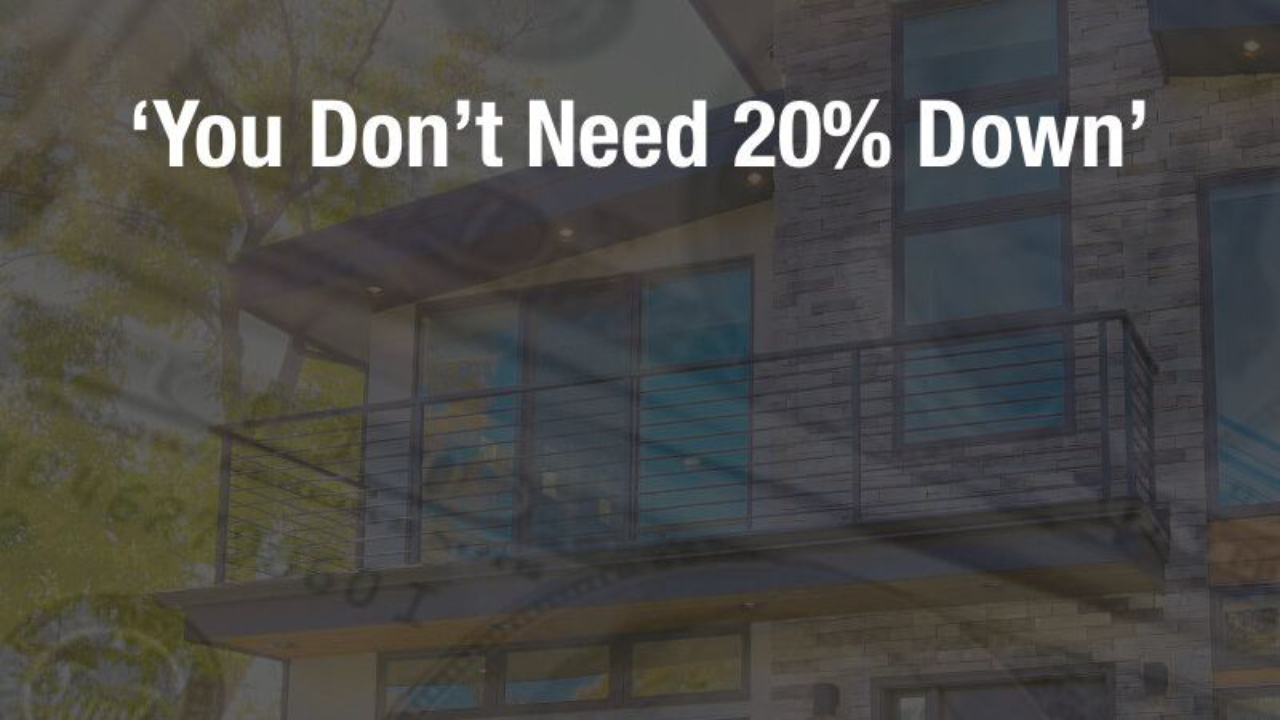
‘You Don’t Need 20% Down’ – and More Home Loan Tips
I can’t think of many things that seem more intimidating than buying your first house and securing a mortgage for it.
But potential first-timers shouldn’t be scared off by the process or the myths surrounding it, like having to put 20% down.
Ward Morrison, President of Motto Mortgage – a growing franchise network of mortgage brokerages and the second member of the RE/MAX family of brands – was recently a guest on my Start With a Win podcast. Ward dispelled some big myths about home loans and offered the best advice for anyone who’s a little spooked about starting: “Find a great loan professional to work with.”
Here are a few things for potential buyers/borrowers to know and keep in mind:
• First-time buyers tend to overestimate the amount of cash they’ll need to buy a house. A 20% down payment was fairly standard for many years, but today’s buyers often have access to conventional loan products with much smaller down-payment requirements. They will usually have to pay mortgage insurance if they put less than 20% down, but that small monthly fee can be wrapped into their regular payments.
• The most common low-down-payment option is an FHA loan, backed by the Federal Housing Administration and available for as little as 3.5% down. Others include zero-down VA (Veteran Administration) loans for qualified military veterans, and USDA loans, which are often used for rural properties. Each of these programs involve special limits, stipulations and requirements, and a professional can walk clients through any that might fit.
• As Ward noted, the advice of a trusted loan professional – someone who makes this a full-time career – is invaluable. It’s critical that the loan originator or loan officer understands the borrowers’ financial situation and needs. Factors like income, liabilities and monthly expenses all play a part in determining which loan may be the right choice for them.
• A higher credit score can help borrowers get a better rate on their mortgage loan. It’s smart for them to get their scores from the major credit rating services well before they apply for a loan. That way, they can take steps to potentially improve their score ahead of time – by paying off credit cards, staying current on bills, and/or addressing any issues they might have.
Buying a first house is a huge step forward for anyone – and so is securing that first mortgage. On both fronts, the best advice for buyers is simple: Find the right professional to guide you through the process. Once you’ve done that, you’re well on the way to owning the right house and having the right mortgage to pay for it.
Get the Guide
Unleash Your True Leadership Potential: Discover What's Wrong with Your Leadership and Thrive!
We hate SPAM. We will never sell your information, for any reason.


